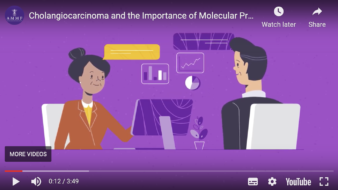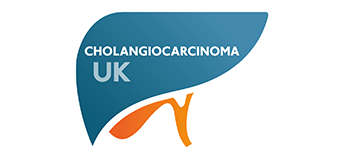NICE approves pemigatinib for those with CCA and the FGFR2 fusion

Helen Morement
“Today, 22 July 2021, the availability of pemigatinib marks a major milestone in the fight against cholangiocarcinoma, bringing new hope for our patients with this devastating type of liver cancer who have an FGFR2 genetic rearrangement. This advance, which requires our patients to have molecular testing, opens the door to gaining a much better understanding of the genetic footprint for this cancer and we hope will contribute to improving patient outcomes for those living with this devastating disease.”
Helen Morement, Founder and CEO
AMMF – The Cholangiocarcinoma Charity
This important decision by NICE is warmly welcomed by AMMF and by the patients and clinical communities we support. It gives hope to those eligible cholangiocarcinoma patients with an FGFR2 gene fusion who will be able to access the first ever targeted treatment, pemigatinib, approved for this most challenging of cancers.
For the past 20 years AMMF has tirelessly campaigned for more research and awareness of this neglected cancer on behalf of patients and their loved ones, and never more so than in support of molecular testing and, following the positive outcome Incyte’s FIGHT-202 study, for pemigatinib through the NICE appraisal procedure.
When NICE was asked to appraise and approve pemigatinib for those with cholangiocarcinoma who have the FGFR2 fusion, AMMF and many medics put forward strong statements in support of this, and attended the committee stages to give verbal statements and answer questions on behalf of all those who will benefit from this therapy.
The NICE decision to approve pemigatinib, made public today, 22 July 2021, will not only give those eligible patients in England and Wales access to an alternative to chemotherapy, but it opens the door for cholangiocarcinoma patients to have molecular testing. And this signals a new dawn in our understanding of cholangiocarcinoma, bringing us one important step closer to finding further new treatment options for this devastating cancer.
Comments:
Dame Zandra Rhodes DBE, RDI, English fashion and textile designer:
Zandra was diagnosed with cholangiocarcinoma during lockdown and is campaigning to raise awareness says, “It is important that people are aware of cholangiocarcinoma and its symptoms. I had never heard of this type of cancer before I was diagnosed and did not know what to expect. I am delighted to hear the news about the availability of a new treatment that may extend the lives of some people with this devastating disease. It gives me enormous comfort and will bring hope to people living with cholangiocarcinoma and their families.”
Professor John Bridgewater, Professor of Medical Oncology, UCL Cancer Institute, University College London Hospitals NHS Foundation Trust:
“Cholangiocarcinoma is an aggressive cancer with a poor survival outcome so the availability of pemigatinib, the first targeted treatment option for those with this cancer who have an FGFR2 gene fusion, marks this as an important day for all diagnosed with cholangiocarcinoma.”
“In the clinical study which sought to evaluate the efficacy of this treatment for cholangiocarcinoma patients with an FGFR2 gene fusion, 82% gained a clinical benefit from pemigatinib3. I believe it is vitally important that all newly diagnosed patients receive timely and appropriate molecular testing to determine if they might be eligible for this treatment should they fail at least one line of systemic treatment.”
Andrea Sheardown from Sandbach in Cheshire:
Married mother of three, Andrea believes the new targeted therapy raises hope. Andrea was given just six weeks to live by doctors when she was diagnosed with cholangiocarcinoma in 2015. Having had surgery that same year, followed by a gruelling six months of chemotherapy, Andrea is currently cancer free but is well aware that cholangiocarcinoma has a high incidence of recurrence. Andrea therefore welcomes pemigatinib as an important addition to the treatment armoury for herself and for others in a similar situation. As Andrea explains, “Thanks to this amazing news, now patients with cholangiocarcinoma who are tested and confirmed as carrying the FGFR2 gene fusion might derive considerable benefit from pemigatinib. It is game-changing – and potentially life-changing.”
Molecular Testing and Targeted Therapies

Cholangiocarcinoma and the importance of molecular testing
For more about molecular profiling and targeted therapies, including the animated video, “Cholangiocarcinoma and the importance of molecular testing”, see:
https://ammf.org.uk/molecular-profiling-and-targeted-therapies/
For the FIGHT-202 study outcome published in The Lancet Oncology, go to: https://pubmed.ncbi.nlm.nih.gov/32203698/
For more about Incyte UK, go to: https://www.incytebiosciences.uk/
22 July 2021







